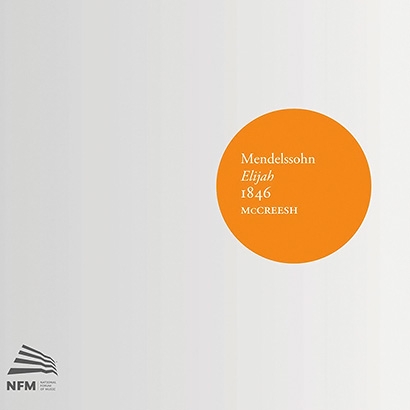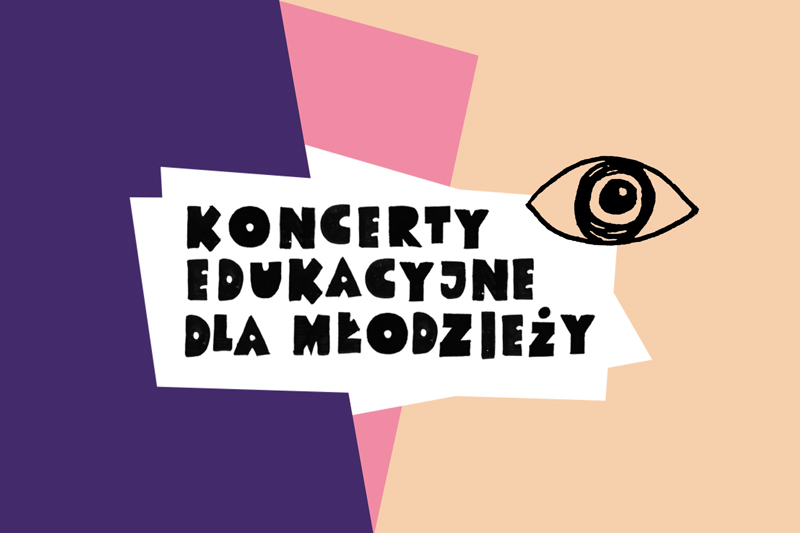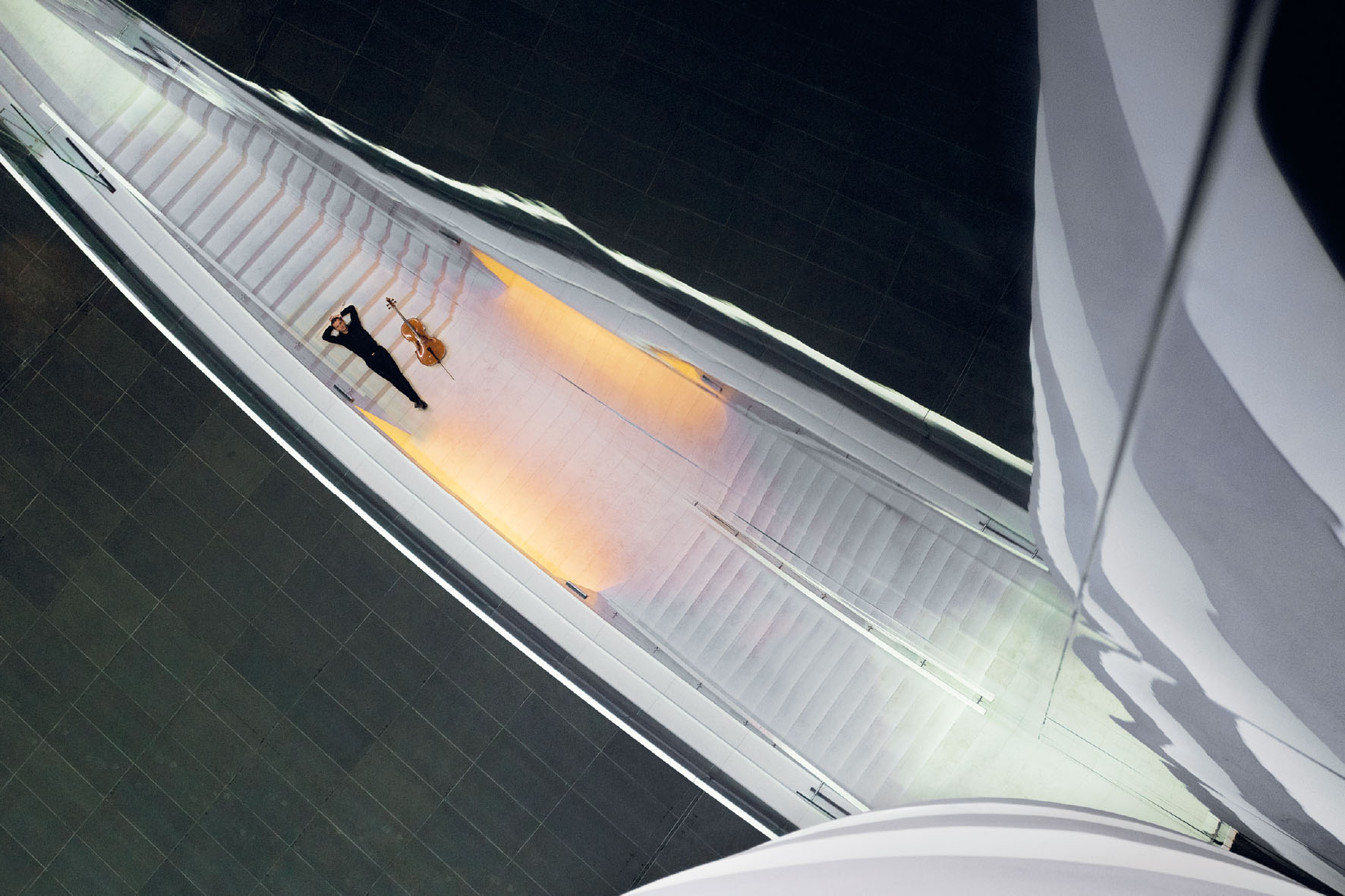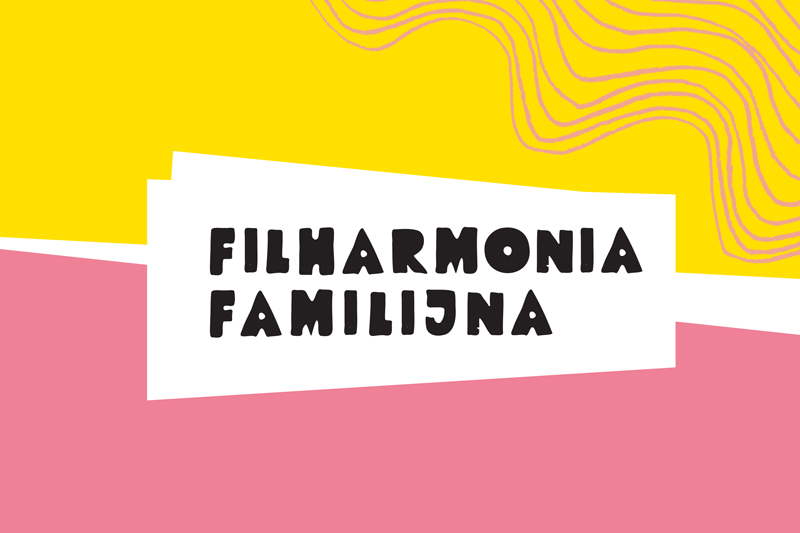Mendelssohn – Elijah 1846
This is the second album in a series of oratorio recordings made thanks to the collaboration of the National Forum of Music and Paul McCreesh. The album is a continuation of the special relationship between Polish and English musicians. This time the NFM Choir went to Great Britain to join Gabrieli Consort & Players and the newly established Young Singers’ Scheme ensemble under the auspices of Paul McCreesh. Together they formed an ensemble consisting of over 400 musicians and recorded one of the great 19th-century oratorios. An excellent, graphically beautiful album with a bilingual Polish-English booklet.
Album premiere: 2012
Publishers: Winged Lion, National Forum of Music
Conductor: Paul McCreesh
Performers: NFM Choir, Gabrieli Young Singers Scheme, Gabrieli Consort & Players
The process of collecting information that precedes an undertaking such as this recording opens, quite naturally, various doors to the musical world of the mid-19th century. Our recording was prepared based on the first performances of the work, which took place in August 1846 at Birmingham Town Hall – after which, fortunately, a significant number of testimonies remain – and the first London performances, which took place in April 1847 at Exeter Hall – here, unfortunately, information is harder to come by. This is probably partly due to different approaches to the organisation of the above-mentioned concerts. You can almost feel the civic pride in Birmingham, a kind of determination to challenge everything that had been heard on English soil. Cost didn’t matter: many of London’s most distinguished musicians were brought on a specially chartered train, and the extensive programme proudly lists all the performers by name and place of residence. In the case of the performances at Exeter Hall, a different approach is noticeable: the organiser was a society for which the quasi-religious participation of a larger number of amateurs was probably more important than the quality of the work itself; although it must be admitted that in later years, thanks to conductor Michael Costa, the society largely regained its former vitality.
Some of the solutions we adopted were based mainly on the performance in Birmingham: we recreated both the size of the orchestra (an extensive ensemble of string instruments with a doubled section of woodwinds, trumpets, percussion instruments and ophicleides, but with a single section of French horns and trombones) and the choir of approximately 300 people (although we gave up the debatable luxury of over 60 “bearded altos” – to use Mendelssohn’s own expression). Before going to Birmingham to rehearse with the choir and local musicians, the London musicians – i.e. approximately two-thirds of the string section and individual musicians from the woodwind section – rehearsed with soloists in the capital. This should explain the division of solo/ripieno orchestral forces used here between arias and choral numbers.
This period of great innovation in industry also had an impact on the 19th-century orchestra. The trumpeters play an English slide trumpet adapted by Thomas Harper, who took part in the premiere performance with his son. This instrument allows for occasional chromatic sounds, although it remains essentially a natural trumpet; Mendelssohn’s trumpet parts are written for such instruments. Supporting the brass section – the space later occupied by the tuba – are two ophicleides supported by a real rarity: a contrabass ophicleide known as the ‘monster’.
This extraordinary instrument was purchased by the Birmingham Festival in the 1830s and was played by the famous French virtuoso Monsieur Prospere. It is said that there is only one instrument of this type in the world in playable condition. For the purposes of this recording, it was provided by Mr. Ron Johnson of Albany, New York, to whom we would like to express our great gratitude. In accordance with the tradition of the Sacred Harmonic Society, valid until the end of the 19th century – and sometimes mocked – we also added serpents to the choral bass line. Similarly, the percussion section included a large set of drums called ‘tower drums’; it is possible that Handel used the same instruments a hundred years earlier. Their huge size suggests that they were probably tuned to a lower octave whenever possible, which gave very spectacular effects. There is no doubt that those living in the Victorian era were particularly attracted to large bass instruments; Sacred Harmonic Society posters often advertise “500–700 performers, including 16 double basses”. Birmingham’s magnificent organ was built to support great choral ensembles. Mendelssohn himself took part in correcting the instrument, which was the first organ in England to have 32-foot pipes installed in the façade, enhancing both acoustic and visual effects.
It is astonishing that Elijah – undoubtedly the most popular oratorio of the 19th century – fell out of favour in the 20th century. The reconstruction of this huge Victorian undertaking is not dictated by the desire to make a historical fantasy come true, but by the desire to rediscover the power of this extraordinary work and find an answer to the question of what made it a source of inspiration for an entire generation.
Paul McCreesh
- Diapason d'or de l'année 2013 from Diapason magazine, Editor’s Choice 2012 from Gramophone magazine









